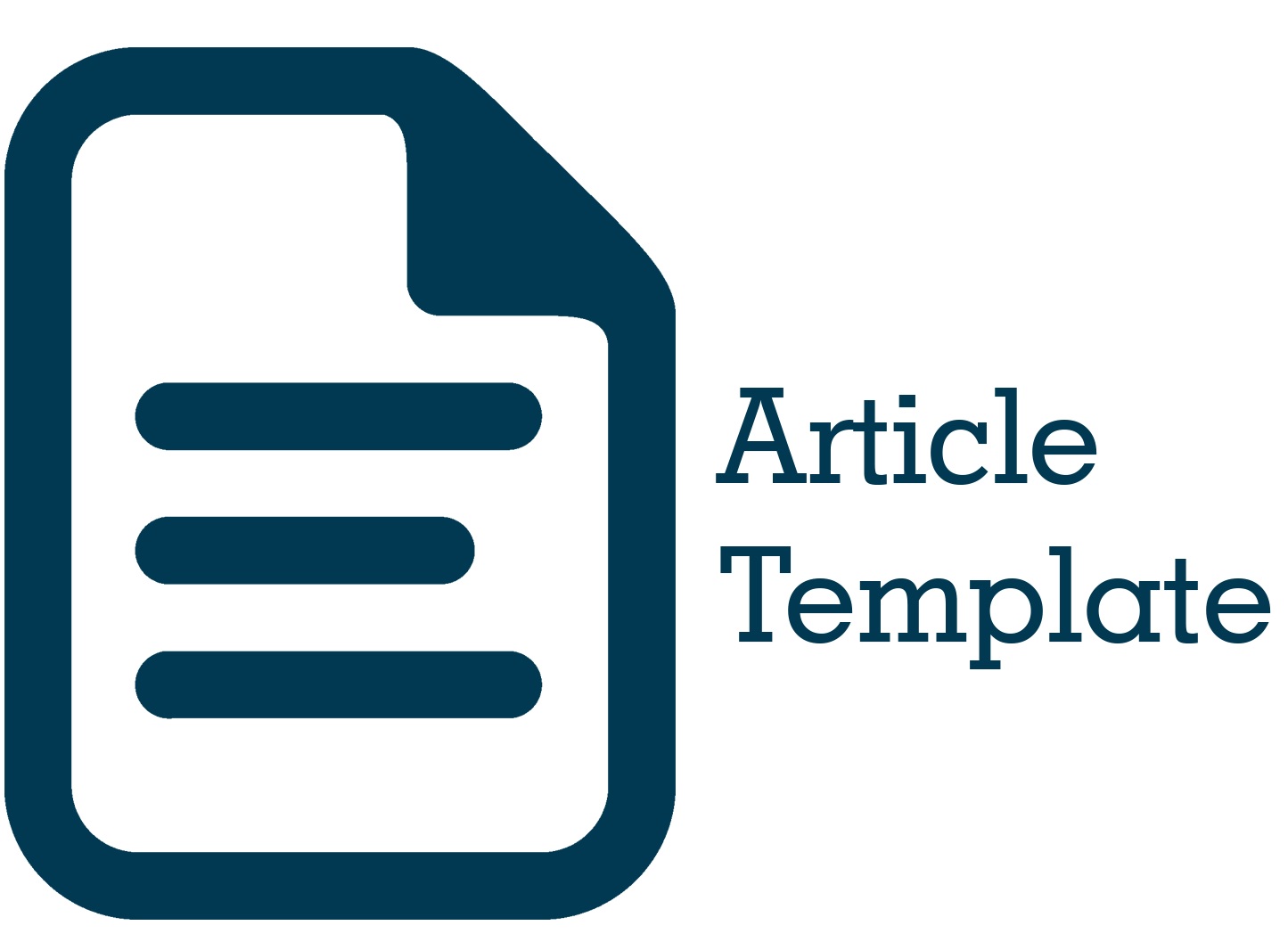Educational Connectivity and the Role of Generation Z in the Implementation of the Tourism Law
DOI:
https://doi.org/10.51135/PublicPolicy.v5.i2.p1156-1163Keywords:
Educational Connectivity, Generation Z, Tourism LawAbstract
This study explores the critical connection between educational institutions and the regional tourism sector, focusing on Generation Z's role in implementing the Tourism Law in Kupang City. It highlights how the Tourism Department at Politeknik Negeri Kupang can prepare Generation Z for sustainable tourism development by aligning curricula with local industry needs and integrating technology and entrepreneurship. Based on Tourism Law No. 9 of 2010, educational institutions are pivotal in conducting research and supporting tourism policies. The study also emphasizes the importance of synergy among education, government, industry, and communities to achieve sustainable tourism growth. Its findings aim to provide a strategic guide for enhancing educational connectivity, effectively implementing tourism policies, and promoting community-based tourism to strengthen the local economy.
Downloads
References
Badan Pusat Statistik Kota Kupang. (2024). Kunjungan Wisatawan Mancanegara (Wisman) pada Agustus 2024 Mencapai 1,34 juta Kunjungan, Naik 18,30 persen year-on-year (y-on-y). https://www.bps.go.id/id/pressrelease/2024/10/01/2355/
Balula, A., Moreira, G., Moreira, A., Kastenholz, E., Eusébio, C., & Breda, Z. (2019). Digital Transformation in Tourism Education. https://doi.org/10.20867/tosee.05.45
Bowan, D., & Dallam, G. (2020). Building Bridges: Overview of an International Sustainable Tourism Education Model. Journal of Teaching in Travel and Tourism, 20(3). https://doi.org/10.1080/15313220.2020.1797609
Cohen, E., & Avieli, N. (2019). Generational tourism trends: Understanding the Preferences of Generation Z. Journal of Tourism and Cultural Change, 17(2), 123-135. https://doi.org/10.1080/14766825.2019.1619294
El Hajal, G., & Losekoot, E. (2024). Gen Z Talent Management: Hospitality Industry Insights. Journal of Human Resources in Hospitality and Tourism. https://doi.org/10.1080/15332845.2024.2405790
Entina, T., Karabulatova, I., Kormishova, A., Ekaterinovskaya, M., & Troyanskaya, M. (2021). Tourism Industry Management in the Global Transformation: Meeting the Needs of Generation z. Polish Journal of Management Studies, 23(2). https://doi.org/10.17512/pjms.2021.23.2.08
Fenri Tupamahu, Dessy Balik, & Eduard Yohannis Tamaela. (2021). Karakteristik Wirausaha, Tingkat Pendidikan dan Karakteristik Usaha Sebagai Penentu Keberhasilan Bisnis Pariwisata di Wilayah Pesisir dan Pulau-Pulau Kecil. Maneksi, 10(1), 1–16. https://doi.org/https://doi.org/10.31959/jm.v10i1.636
Goeldner, C. R., & Ricthie, J. R. B. (2012). Tourism. Principles, Practices, Philosophies 12th Editions. John Wiley & Sons, Inc, 6(August).
Batilmurik, Ridolof, W., (2014). Hubungan antara Faktor Pendidikan, Jabatan dan Pengalaman Kerja dengan Kepuasan Kerja Karyawan pada Hotel Swiss Belinn Kristal Kupang, Jurnal Akuntansi, 1(1), 30- 37, https://e-journal.unmuhkupang.ac.id/index.php/ja/article/view/205/165
Rajahonka, M. (2019). Meso-analysis: Modes of Cross-Innovation between Education and Audiovisual Sector. In Emergence of Cross-Innovation Systems: Audiovisual Industries Co-Innovating with Education, Health Care and Tourism. https://doi.org/10.1108/978-1-78769-977-920191011
Sugiyono. (2016). Metode Penelitian Kuantitatif, Kualitatif dan R&D. Bandung; : Alfabeta;, 2016;
Widyastuti, H., Marsoyo, A., & Setiawan, B. (2019). Analisis Konektivitas antar Destinasi Pariwisata Pantai di Daerah Istimewa Yogyakarta. Region: Jurnal Pembangunan Wilayah Dan Perencanaan Partisipatif, 14(1). https://jurnal.uns.ac.id/region/article/view/22390
WTTC. (2020). Travel & Tourism. Global Economic Impact Trends 2020. World Travel & Tourism Council, June.

Downloads
Published
How to Cite
Issue
Section
License
Copyright (c) 2024 author(s)

This work is licensed under a Creative Commons Attribution-ShareAlike 4.0 International License.
Authors whose manuscripts are published in the Journal of Public Policy must agree to the following terms;
- Publication rights for all manuscript materials published are held by the editorial board with the author's consent.
- The legal formalities for digital access to the Journal of Public Policy are subject to the Creative Commons Attribution Sharealike (CC BY SA) license, which means the Journal of Public Policy has the right to store, redistribute, reformat, manage in a database, maintain, and publish the manuscript without seeking permission from the author as long as the author's name is included as the copyright owner.
- Published manuscripts are open access for the purpose of disseminating research results. Besides this purpose, the editorial board is not responsible for copyright law violations.


.png)



